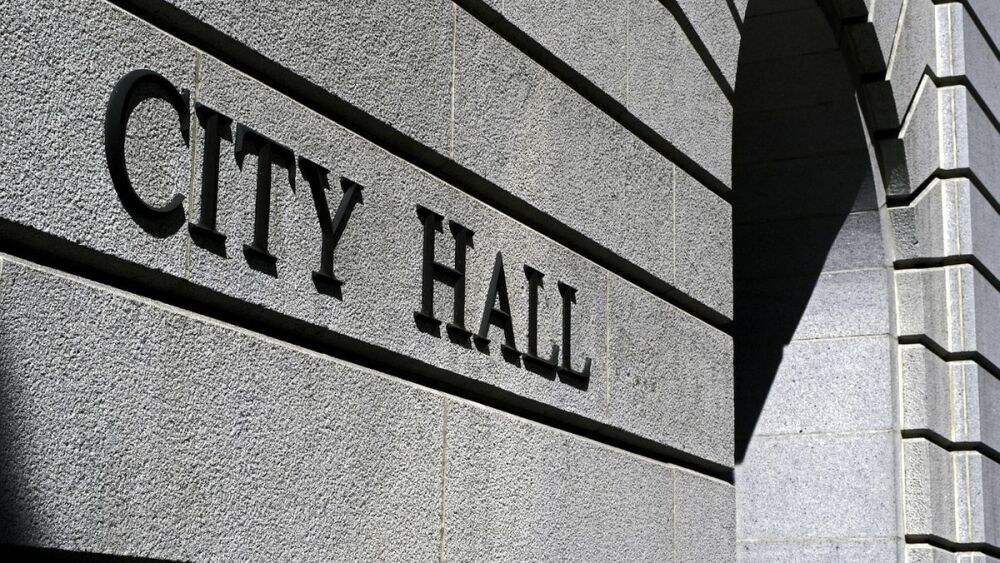What Happened?
Last fall, the Seattle City Council approved an ordinance prohibiting residential and commercial garbage to contain food waste and compostable paper.
Goal
In an effort to reduce the amount of materials sent off to landfills, Seattle imposed new rules for residential and commercial customers to separate specific waste materials that can be processed more efficiently.
Under the ordinance, no more than 10 percent of materials in a trash can be recyclables or food waste. If a customer appears to have exceeded that amount, they face a fine. The city contracted two waste haulers to come by weekly to collect the organic materials separated from trash cans. Seattle hopes the new rules will keep food waste and compostable paper out of trash cans, as the city works to reduce the 100,000 tons of food waste it sends to a landfill each year.
According to the Seattle Public Utilities Organics Report, there was a 21.5 percent increase in compostable materials collected in the first three months of 2015 compared to the same time period in 2014.
Note: Some commercial curbside organics are included in residential curbside tons (Source: Seattle Public Utilities)
ATL Energy Park
Similarly, Atlanta is also moving forward with a sustainability strategy to process waste more efficiently. The city wants to build a 30-acre Green Acres Energy Park near the Harsfield-Jackson Atlanta International Airport that would repurpose, reprocess or recycle waste from the facility and the city Department of Public Works. The energy park would also be charged with repurposing and recycling more than 19,000 tons of chipped yard trimmings collected by the public works teams.
The overall goal of the energy park is to recycle at least 90 percent of the waste delivered to it, which would normally be sent to a landfill. The park would be up and running by March 2017, and accept materials through January 2020. A recent study revealed 80 percent of the total waste stream generated at the airport consists of recycles or compostable materials. However, just 5 percent of this type of waste was efficiently recycled.
Read full coverage from the Atlanta Business Chronicle here.



